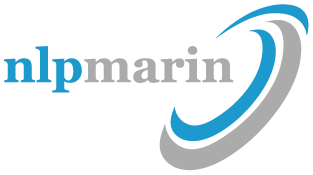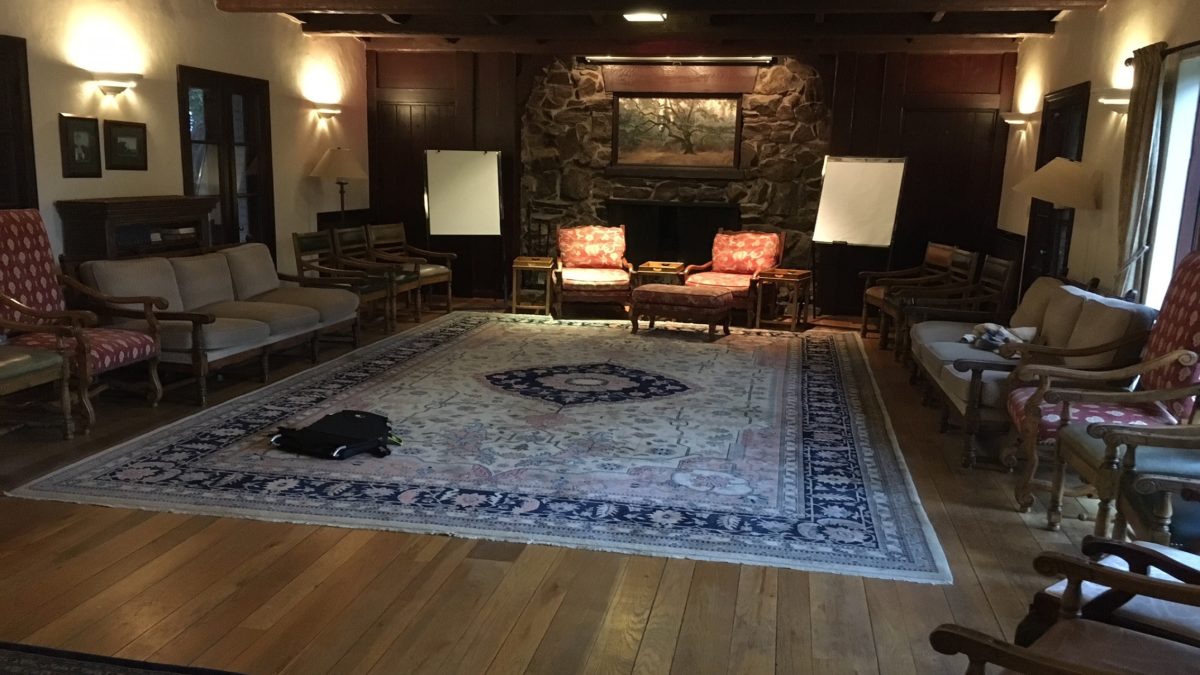What is NLP?

Michelle Talks about Money, Worth, and Deserving
March 3, 2016
A Life of Learning and Teaching NLP: The Student Experience
June 28, 2018What is NLP?
by Carl BuchheitNeuro-Linguistic Programming (NLP) is a wonderfully rich mix of perspectives and perceptual and behavioral skills and tools for personal development and enhanced interactions with others.
 NLP is about the ability to discover, understand, and change our own and others' processes of decision-making, communication, motivation, and learning—simply, elegantly, effectively.
NLP is about the ability to discover, understand, and change our own and others' processes of decision-making, communication, motivation, and learning—simply, elegantly, effectively.NLP is a model for understanding and working with human behavior. NLP has the ability to get direct access to our internal maps of reality (how we have our life experience represented in our minds) and to shift them, to re-assemble the connections, to update them, and to correct mistaken representations, so that our life experience reflects more of what we want—personally, in our relationships, and on the job.
NLP's ultimate objective is to contribute to increased choice leading to more fulfilling lives. Put another way, NLP's ultimate objective is to assist you to change your mind about what is possible for you.
The Name
While the name is awkward—and some object to the word “programming"—it is nonetheless descriptive.Neuro refers to the brain and neural pathways of the human organism through which our experience is processed via our five senses (visual, auditory, kinesthetic, olfactory, and gustatory).
Linguistic is about the content that moves across and along these pathways. It is about the language and nonverbal communication systems through which our neural representations are coded, ordered, and given meaning. These include: pictures, sounds, feelings, tastes, smells, and words.
Programming is the way the content is directed, sequenced, and connected by each of us to produce the thinking patterns and behaviors that are our experience of life. Training in NLP provides the ability to discover, utilize, and change these programs to assist us to have new experiences in life that are more satisfying, fulfilling, and enjoyable.
Think of it as being like a railroad system. The Neuro part of NLP is like the tracks. Linguistic is the engines and cars. Programming is how the switches are set. How the switches are set determines where the engines and cars go. With the switches set a particular way, the train can only follow a particular path that is determined by how those switches are set. In this analogy, then, the objective of NLP is to assist you to change how your switches are set.
Origin of NLP
Neuro-Linguistic Programming was developed in the early-to-middle 1970's at the University of California, Santa Cruz by John Grinder and Richard Bandler. Like many others, they had observed that people with similar education, training, background, and years of experience were achieving widely varying results ranging from wonderful to mediocre.Bandler and Grinder were intrigued by these differences. They wanted to know how effective people perform and accomplish things. They were especially interested in the possibility of being able to duplicate the behavior, and therefore the competence, of these highly effective individuals. In short, they set out to "model" human excellence in such fields as education, business, and therapy. What emerged from their work came to be called Neuro-Linguistic Programming.
The Evolution of NLP
Over the years, a variety of creative and brilliant people have been attracted to Bandler's and Grinder's unique work and discoveries. They helped to expand the NLP model and organize it into a vast set of tools, skills, and information. As a result, there are NLP training centers throughout the United States and in many countries around the world. In the process Neuro-Linguistic Programming, in a form that might be called conventional or classical NLP, has made an astonishing contribution to personal and professional communication, growth, and change.Even if you have only recently heard of NLP, chances are you have already encountered it, in one form or another, without its being identified and without your realizing it. NLP is so useful for the whole experience of being human that many of its original tools and distinctions have already integrated into education, training, business, and therapy, becoming part of the commonsense wisdom of our society.




